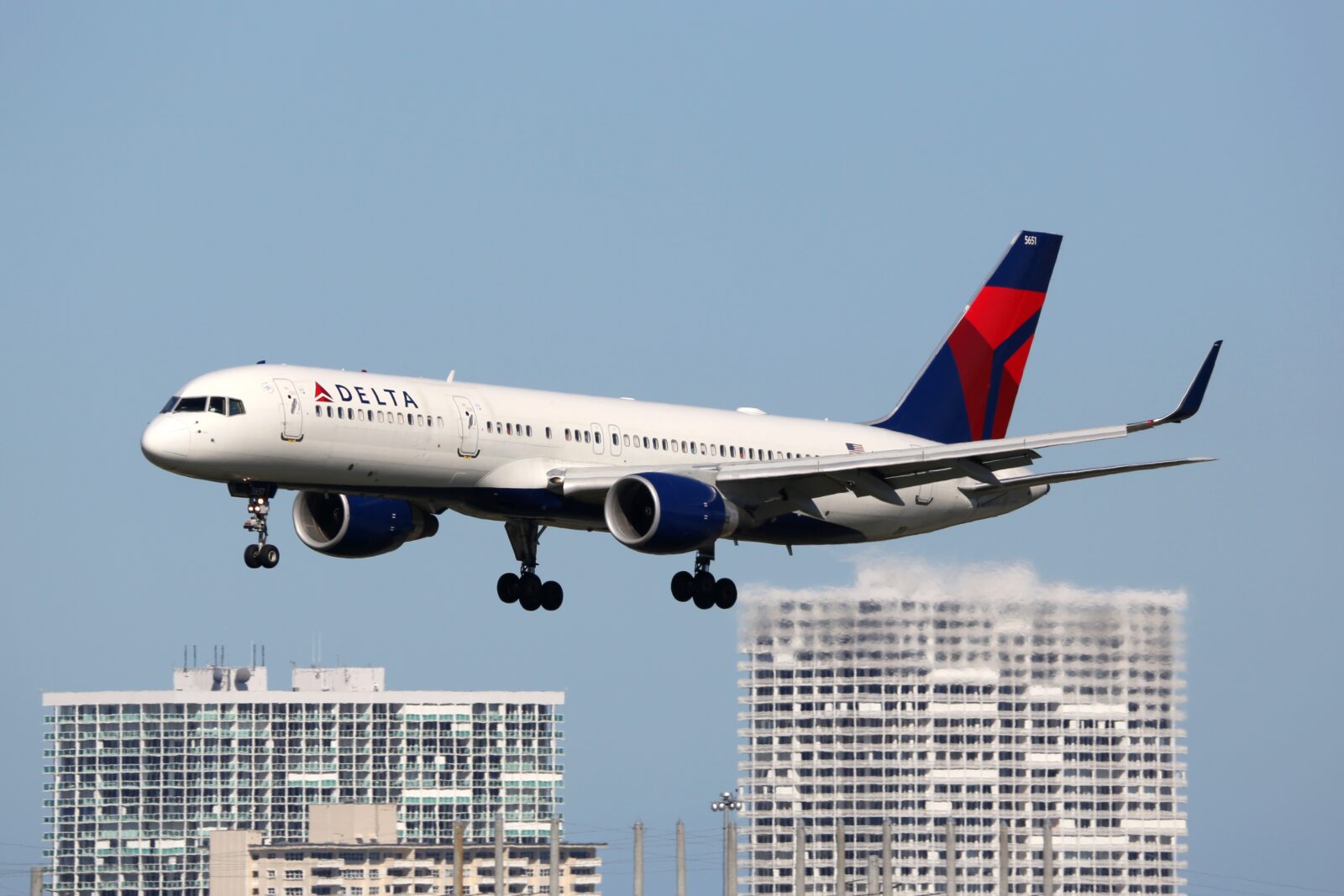
As other airlines continue to make a speedy recovery from the Crowdstrike update bug that effectively bricked Microsoft computers for many large organizations on Friday, Delta Air Lines is having a very different experience and passengers are being warned to expect mass cancellations and delays.
On Sunday, data provided by flight tracking service Flight Aware showed that Delta had been forced to cancel at least 658 flights, while over 1,300 flights have been delayed – representing more than half of Delta’s planned schedule.
In contrast, American Airlines hasn’t canceled any flights on Sunday, and 644 flights have posted a delay. United Airlines isn’t faring quite as well, but its cancellations only account for around 8% of its planned schedule.
For several hours on Friday, Delta, along with American and United Airlines grounded their fleets at the request of the Federal Aviation Administration (FAA) but once that ground stop was lifted and technology systems came back online, Delta has struggled to recover.
The cause of Delta’s meltdown seems to be very similar to the issues that effected Southwest Airlines during its infamous Christmas holiday meltdown in December 2022.
In that embarrassing debacle, Southwest effectively lost track of its crew and had to revert to painstakingly slow manual processes to work out where its pilots and flight attendants were before rebuilding its schedule.
In the case of Delta, frustrated flight attendants have been sharing screenshots of them on hold with the crew scheduling department for hours just to let the airline know where they are.
In one case, a flight attendant claims to have been on hold for more than ten hours.
On Sunday, Delta CEO Ed Bastian finally admitted to the cause of the meltdown, saying that a key crew scheduling system had failed to keep up with the number of cancellations and displaced flight attendants.
It’s not, however, just the crew scheduling department which is struggling to keep up with demand. Taking to Reddit, one frustrated Delta customer service rep claimed that more than 9,000 passengers were waiting in the telephone hold queue, waiting to speak with a member of the team to rebook their flights.
Acknowledging the reason behind its operational meltdown, in a statement, Delta said it was working “tirelessly” to take care of customers “as the airline worked to put flight crews and aircraft back in position following the disruption.”
“We’re sorry for this inconvenience – canceling a flight is always our last resort and isn’t taken lightly,” the airline said. “Delta takes seriously the trust placed in us to deliver the reliability and experiences customers have come to know and expect from us.”
A spokesperson added: “Delta is communicating directly with significantly impacted customers via email Sunday offering an acknowledgement of the disruption, an apology and the issuance of SkyMiles Program miles or a travel voucher”.
The offer of a travel voucher may, however, contravene Department of Transportation (DOT) compensation rules which require airlines to offer a full cash refund if the passenger chooses to no longer fly.
Following the outage, the DOT quickly confirmed that the IT issue was considered a controllable situation which put airlines on the hook for providing cash refunds to passengers who choose to abandon their travel plans.
It will be interesting to see whether Delta can track down its pilots and flight attendants and get them to where they are needed in time for Monday. If problems persist, however, the situation at Delta could snowball into the kind of meltdown we witnessed at Southwest a couple of years ago.
Following that meltdown, Southwest was fined $140 million by the DOT for violating several consumer protection rules.
Southwest ended up only having to pay $35 million of the $140 million fine because $33 million was offset against a Rapid Rewards points giveaway that Southwest ran for passengers affected by the meltdown, and a further $72 million was offset against a compensation scheme that the DOT ordered Southwest to set up.
Mateusz Maszczynski honed his skills as an international flight attendant at the most prominent airline in the Middle East and has been flying ever since... most recently for a well known European airline. Matt is passionate about the aviation industry and has become an expert in passenger experience and human-centric stories. Always keeping an ear close to the ground, Matt's industry insights, analysis and news coverage is frequently relied upon by some of the biggest names in journalism.







